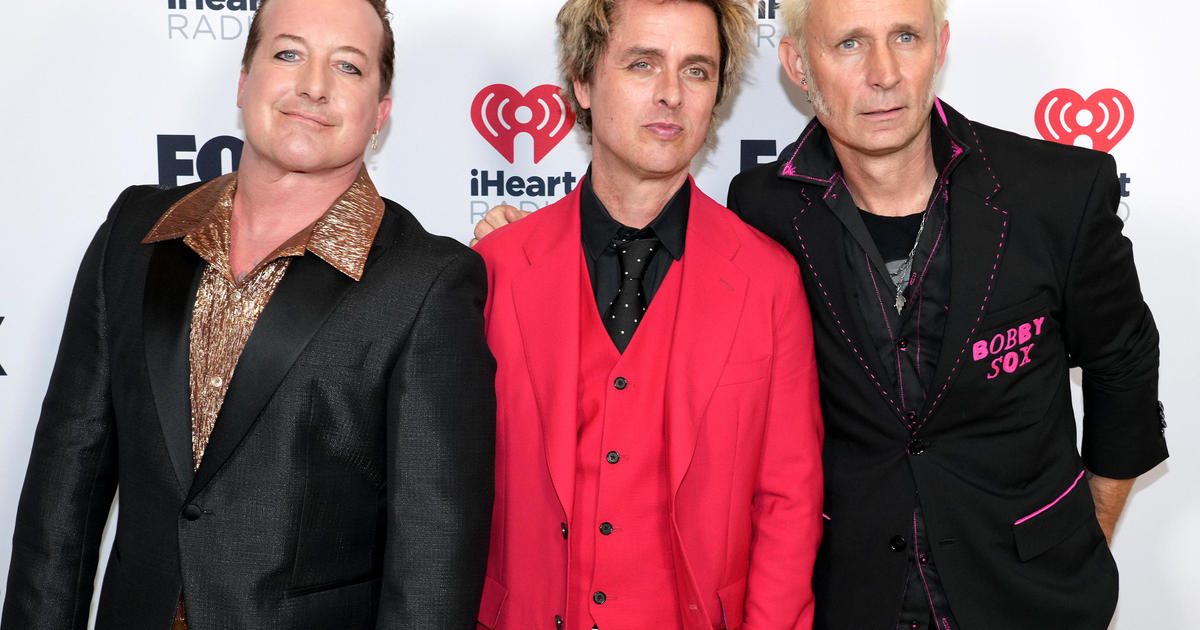Tesla (TSLA) is a victim of its own success, as buyers of its acclaimed electric cars may soon unhappily discover.
The automaker is nearing a milestone level of sales that will result in the loss of a $7,500 federal tax credit aimed at encouraging Americans to buy electric cars. That will raise the cost of Tesla's vehicles for motorists, and potentially hurt the company as it competes with other electric car makers, analysts say.
The credit, which phases out in steps after any manufacturer sells 200,000 electric, hybrid and plug-in hybrid cars, was originally enacted in 2008 to boost sales of non-polluting electric vehicles. When Congress extended the credits in 2009, it added the sales threshold. The argument was that if electric car sales grew too fast, the tax credits could swell the federal deficit.
Morgan Stanley (MS) analyst Adam Jonas predicts that Tesla will hit the 200,000 sales mark by the middle of this year. European competitors like BMW, Volkswagen and Volvo have all announced plans to sell more electric cars in the U.S., but so far have sold very few. As a result, they have much more room to keep offering the tax credit, which could makes their vehicles more attractive to buyers.
Losing the tax credit could come as a rude surprise for consumers who have ordered Tesla's recently introduced Model 3 and are on a wait-list to get the car. An estimated 225,000 Model 3s, which is aimed at taking Tesla's cars mainstream, are on that list.
Analyst Jeremy Acevedo of Edmunds.com believes that vanishing tax breaks will lead to canceled orders. "The introduction of the Model 3 marks the first time Tesla ever targeted more price-sensitive buyers," he said.
Affluent buyers have been paying an average of close to $100,000 with typical options for the Tesla Model S sedan and the Model X SUV.
Meanwhile, Tesla needs to prove to investors that it can manufacture 5,000 Model 3s a week by June. If it can't hit that target, the company could have trouble raising further capital.
Model 3 prices nominally begin at $35,000. But the average Model 3 produced since last year has been selling for about $50,000 in the long-range version, with a distance between charges of 310 miles. The $35,000 version, with a smaller battery and less range, is not available yet because Tesla has yet to produce the smaller battery.
Price-sensitive buyers who are on the wait-list to buy the Model 3 could consider other electric cars, such as the Chevrolet Bolt or redesigned Nissan Leaf. The Leaf starts at $30,000 and likely will remain eligible for the $7,500 tax credit this year. The Hyundai Ionic electric starts at just over $30,000 and has plenty of sales room before losing the credit.
European luxury brands are also stepping up the pressure on Tesla in the U.S. Given their lower sales, BMW's sporty, high-performance i8 hybrid and its all-electric i3 are all but certain to remain eligible for the tax credit.
Tesla did not respond to a request for comment on Model 3 orders and the expiring tax cuts. But company CEO Elon Musk has complained publicly that the sales cap for U.S. tax credits for electric vehicles are unfairly structured. He notes that many European countries provide far greater subsidies for electric vehicles.
Congress could eliminate the sales limit for tax incentives to buy electrics, but that's unlikely. The Trump administration has opposed most clean-energy subsidies.
So if you're considering an electric car, be sure to research the tax credit situation thoroughly before you start shopping (Edumds.com offers a list of vehicles that qualify for tax credits).
© 2018 CBS Interactive Inc.. All Rights Reserved.



